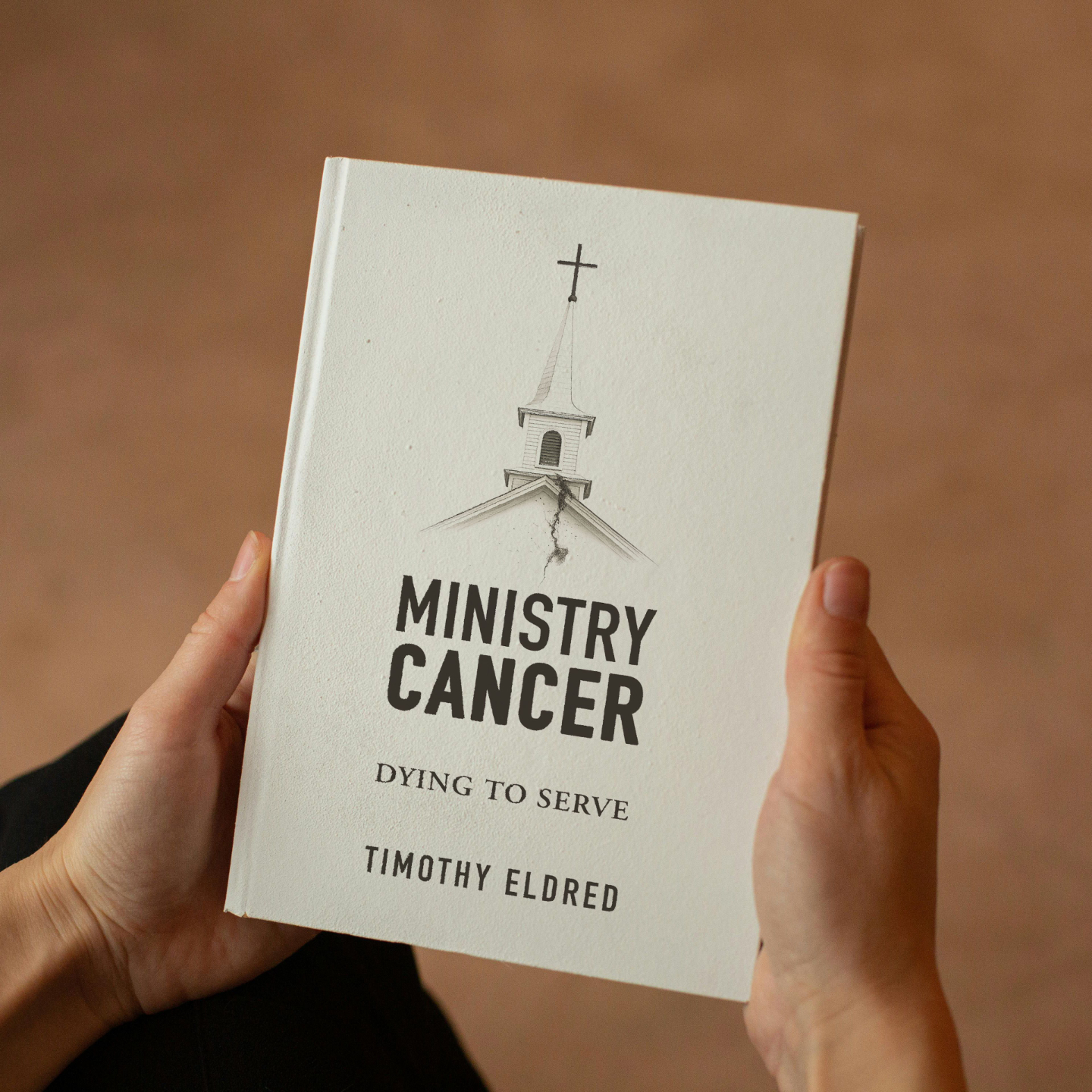Revealing the Truth: Why Pastors Lie

The story of the Garden of Eden serves as a powerful reminder of humanity’s inclination to choose deception over truth. Unfortunately, the consequences of this choice are evident in our personal lives, relationships, and the institutions we lead, including our churches. As a pastor who has trained thousands of pastors in the last 20 years, I have witnessed firsthand the impact of deception on the lives and ministries of my colleagues, not to mention my own failures. So I want to explore this issue and expose the pitfalls we face as pastors by ignoring the problem.
The Allure of Lies and Cost of Deception
Throughout history, people have shown a tendency to prefer lies over truth. Because lies are often more palatable, more comfortable, and easier to accept than the truth. This preference can be seen in our daily interactions, where we often sugarcoat or omit the truth to spare others’ feelings or maintain relationships. In many cases, we often lie to ourselves because it is easier than doing the hard inner work required to make lasting changes.
This is our secret, though. Pastors are not exempt from these pressures. If anything, we are more susceptible because we feel the weight of our responsibilities and the expectations of our congregations. This pressure can lead to a desire for shortcuts. A temptation to bend the truth. Or even a need to present a facade; however, the consequences of choosing deception over truth are steep.
- Personal Toll: Embracing deception can affect our emotional, mental, and spiritual well-being. Research has shown that individuals with higher levels of self-deception experience more psychological distress and lower levels of life satisfaction.
- Family Impact: Our families are often the first to suffer the consequences of our deception. Trust is the foundation of any healthy relationship, and dishonesty erodes that trust. Our spouses and children deserve better than duplicity from us.
- Ministry and Mission: As pastors, our primary mission is to serve God and others; however, deception can hinder our ability to fulfill that mission. A lack of authenticity can lead to disengagement, disillusionment, and the collapse of a career.
The Mask of the Pastor
Pastors are expected to be spiritual leaders and role models, which can lead to adopting a false persona. If you’ve served in ministry for any length of time, you’ve donned a mask that hides your true self and prevents you from confronting the truth about your life, relationships, and ministry. All of which leads to a painful internal conflict.
The Authentic Pastor website offers a survey on authenticity for pastors. Shockingly, some pastors have said they are a 10 out of 10 when it comes to authenticity, a result that is nearly impossible if one is being honest with themselves. This further illustrates the deep-seated issue of preferring lies to truth and the need for pastors to confront this challenge. We all have room for improvement if we are honest.
A Personal Struggle
In my years of training pastors, I have encountered countless stories of clergy struggling with the temptation to embrace deception. One of the most powerful examples comes from a pastor I was privileged to mentor. This pastor had built a thriving ministry, but behind the scenes, they were struggling with a secret addiction. The shame and fear of being discovered led to a web of lies that threatened their personal life, reputation, and credibility.
Only when this pastor finally acknowledged the deception could they confront their addiction and begin the long road to recovery. This process involved seeking support from trusted friends, attending a recovery program, and being honest with others about their struggles. The result was a newfound freedom and sense of authenticity. In addition, the bonds with their family, friends, and congregation grew more potent due to their honesty and vulnerability. Was there damage to manage? Of course. But in the end, restoration prevailed.
The Path to Authenticity
Embracing authenticity in our lives and ministries is a challenging task. It requires incredible courage, humility, and a commitment to truth. Here are some practical steps to help us move toward a more authentic life:
- Personal Reflection and Accountability: Honest self-assessment is essential in confronting our deceptive tendencies. By taking a hard look at ourselves, we can identify areas where we have fallen short and seek support from trusted friends, mentors, or professional counselors who can hold us accountable and help us grow.
- Transparency in Relationships: As pastors, we must be willing to be transparent with those closest to us. This may involve admitting our faults and vulnerabilities to our spouses, children, and close friends. Only through honest and open communication can we foster authentic relationships and experience true healing.
- Modeling Authenticity in Ministry: We can create a culture of authenticity within our churches by being open about our struggles and imperfections. When congregants see their leaders willing to be vulnerable and honest, they are more likely to follow suit and experience the transformative power of authenticity.
- Continuous Growth and Learning: Authenticity is not a destination but a journey. We must be committed to ongoing growth, learning, and improvement. By remaining open to new insights and experiences, we can continue to develop as pastors.
The Choice of Truth Over Lies
Choosing to live authentically is a conscious decision we must make daily. Just as Adam and Eve faced the choice between the Tree of Life and the Tree of Knowledge of Good and Evil, we, too, must decide between truth and lies. In choosing the path of truth, we can experience a newfound freedom and fulfillment that we may have never thought possible. As pastors, our calling is not merely to a job or a role but to a genuine relationship with Christ. By embracing authenticity, we can live out our true calling and inspire others to do the same.
So here’s the challenge: Let us be the generation of pastors who break free from the seduction of lies and embrace the truth in all aspects of our lives. The cost of deception is too high, and the rewards of authentic living are too great to ignore. As pastors, we have an opportunity and responsibility to lead people into a more authentic and fulfilling way of living, and it begins with the choices we make every day.
As counterintuitive as it may seem, sometimes it might be better for pastors to be unemployed yet fulfilled, living authentically, than to remain in a role where they feel compelled to perpetuate a lie. By choosing authenticity, we can align ourselves more closely with our true calling to Christ rather than clinging to a job title that may hinder our growth and relationship with God.
Ultimately, embracing our true selves and living authentically in service to Christ can lead to a deeper sense of purpose, satisfaction, and spiritual growth. By shedding the masks we wear and confronting the lies we tell ourselves, we can foster stronger connections with our congregations, our communities, and, most importantly, with God. In doing so, we can inspire others to embark on their journeys of self-discovery and truth-seeking, creating a ripple effect of authenticity and spiritual transformation that extends far beyond our lives. The choice is clear: prioritize our relationship with Christ and embrace a life of truth, authenticity, and fulfillment, even if it means facing uncertainty and challenges along the way.
Pastors are people, too. They lie to themselves and others—just like everyone else—because they are human. But it's not an excuse. Just an opportunity to admit their propensity and make progress.◼︎
If you found this article helpful and want them in your inbox, sign up here.
We’ll send you each article plus updates from The Authentic Pastor that cut through the noise. No spam, just the good stuff—you can unsubscribe anytime.


